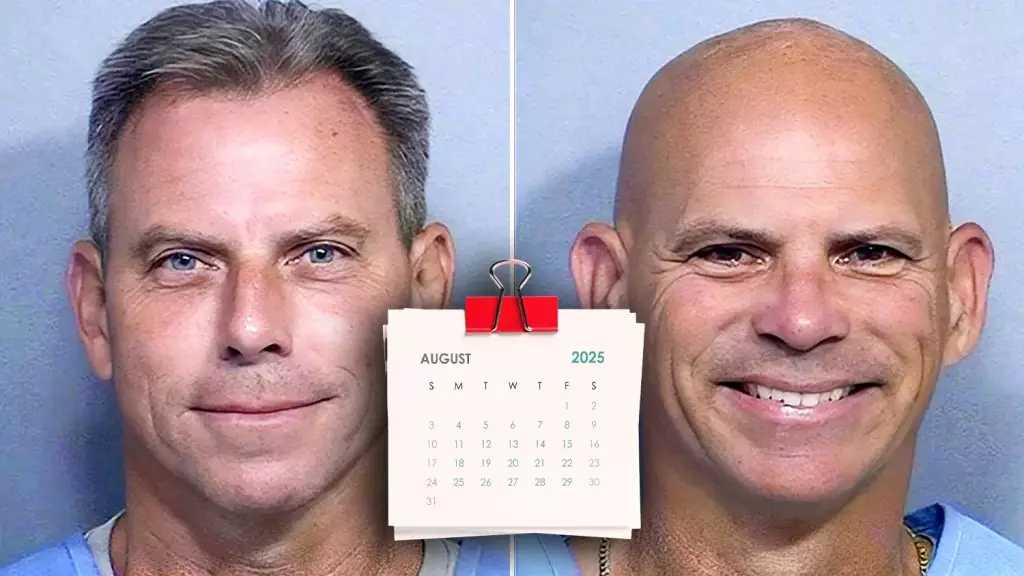After spending nearly 30 years behind bars for a crime that captured national attention, brothers Erik and Lyle Menendez recently celebrated a pivotal moment in their quest for freedom. On May 13, they were resentenced to 50 years to life, which now opens the door for possible parole—a significant departure from the life sentences without the possibility of parole that were handed down at their trials in the 1990s. This turn of events bodes well for those who believe in the potential for rehabilitation and highlights the evolving attitudes towards past crimes and their punishments.
The Legal Tug-of-War
The decision by L.A. Superior Court Judge Michael Jesic to deem the Menendez brothers as not posing “an unreasonable risk” reflects a shifting perspective on their case. District Attorney Nathan Hochman’s harsh stance underscores the challenges that continue to define this high-profile legal journey. With another hearing looming—a shift due to an earlier ruling by Governor Gavin Newsom—the legal maneuvering surrounding their potential release becomes increasingly intricate. This situation raises essential questions about the nature of justice and accountability in the American legal system. Are the Menendez brothers being fairly rewarded for their rehabilitation, or does their past overshadow any progress they have made?
A Complicated Legacy and Public Perception
The Menendez brothers entered the public consciousness as symbols of a sensational story marked by tragedy and complexity. The brutal murder of their parents, Jose and Kitty Menendez, by their own sons stirred a media frenzy in the late 1980s and early 1990s. Following their conviction after a long and contentious trial period that stretched into six years, the Menendez case became a fixture in true crime discussions and narratives. Recent documentary explorations and dramatizations, buoyed by platforms like Netflix, have helped resurrect interest in their story, focusing on underlying themes of trauma, familial abuse, and the contentious circumstances that culminated in the fatal shooting.
The Shadow of Trauma
What differentiates the Menendez case from other heinous crimes is the brothers’ assertion that they acted out of self-defense in response to lifelong abuse at the hands of their father. This plea has gained traction in discussions around mental health and trauma-informed justice, raising pivotal conversations about the influence of childhood abuse on the psyche. Critics of their claim argue that such reasons do not absolve them of responsibility for their actions, while supporters advocate for a system capable of recognizing and addressing such deep-rooted trauma.
Implications of the Ruling
As they await potential parole hearings now set for August 21-22, the Menendez brothers’ fate remains uncertain. The implications of their resentencing are profound—not only for the brothers but also for the broader conversation surrounding the treatment of youthful offenders in the criminal justice system. Their ongoing case is an important litmus test for society’s willingness to adapt and recognize the complexities of abuse, recovery, and justice.
Ultimately, as we examine the Menendez brothers’ journey, we must confront uncomfortable questions about the legal system, the nature of familial relationships, and the possibility of redemption after profound wrongdoing. The narrative of Erik and Lyle Menendez continues to unfold, challenging us to rethink what justice truly means in the context of individual history and societal norms.
